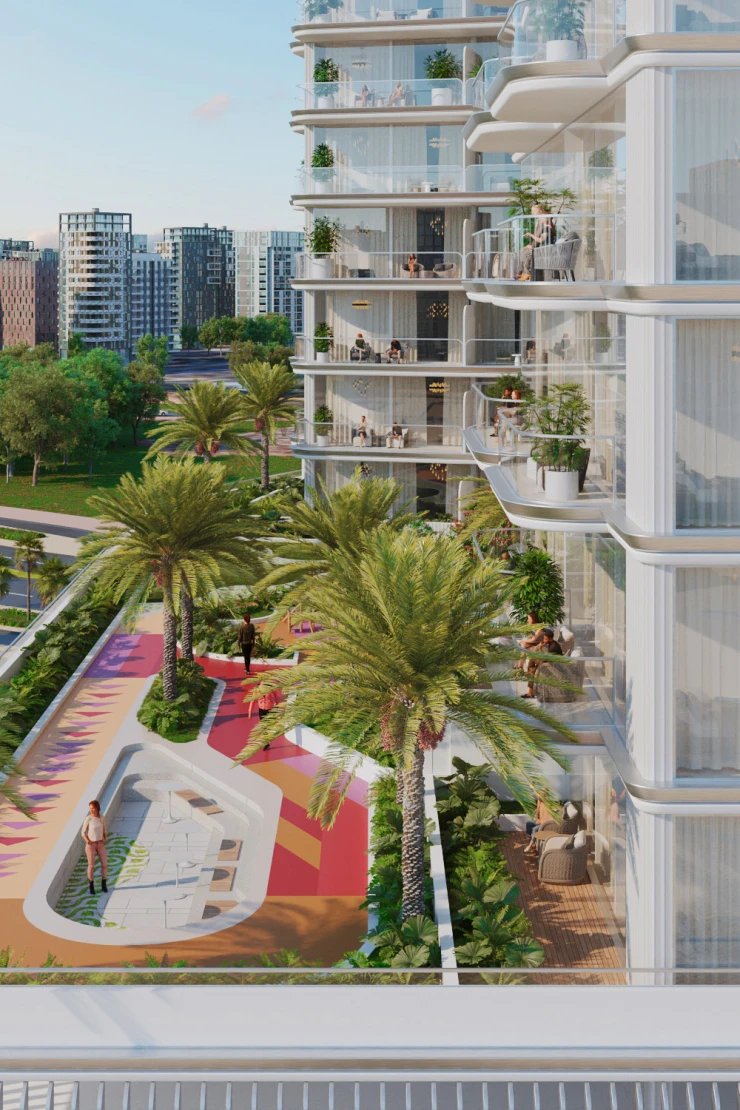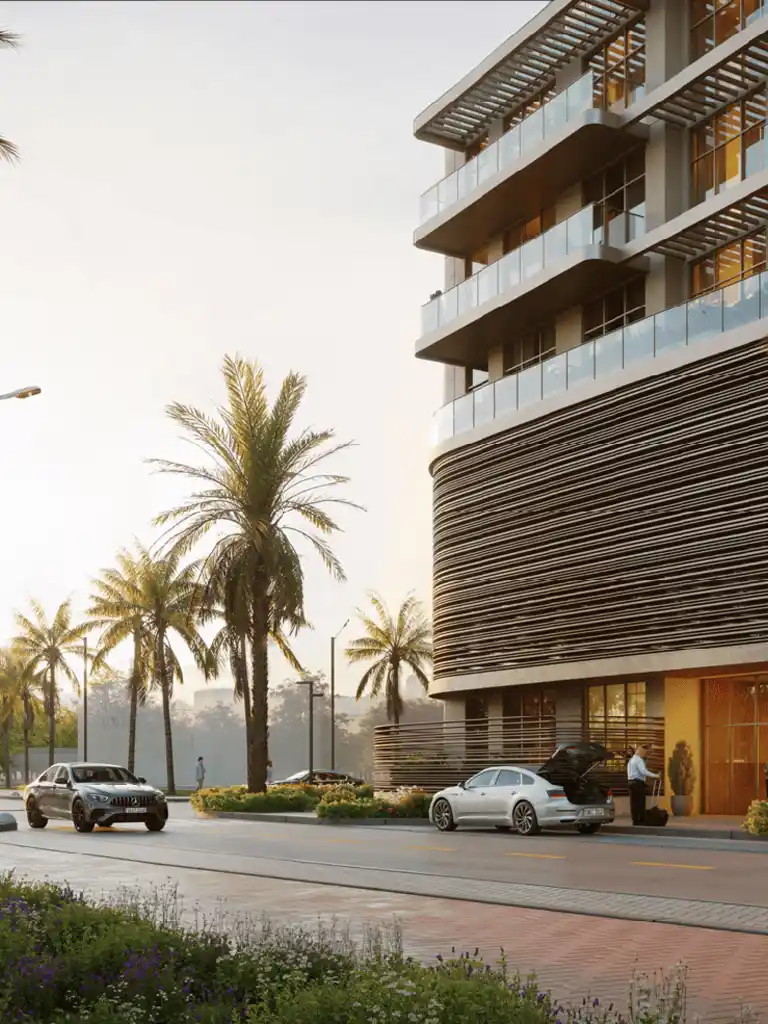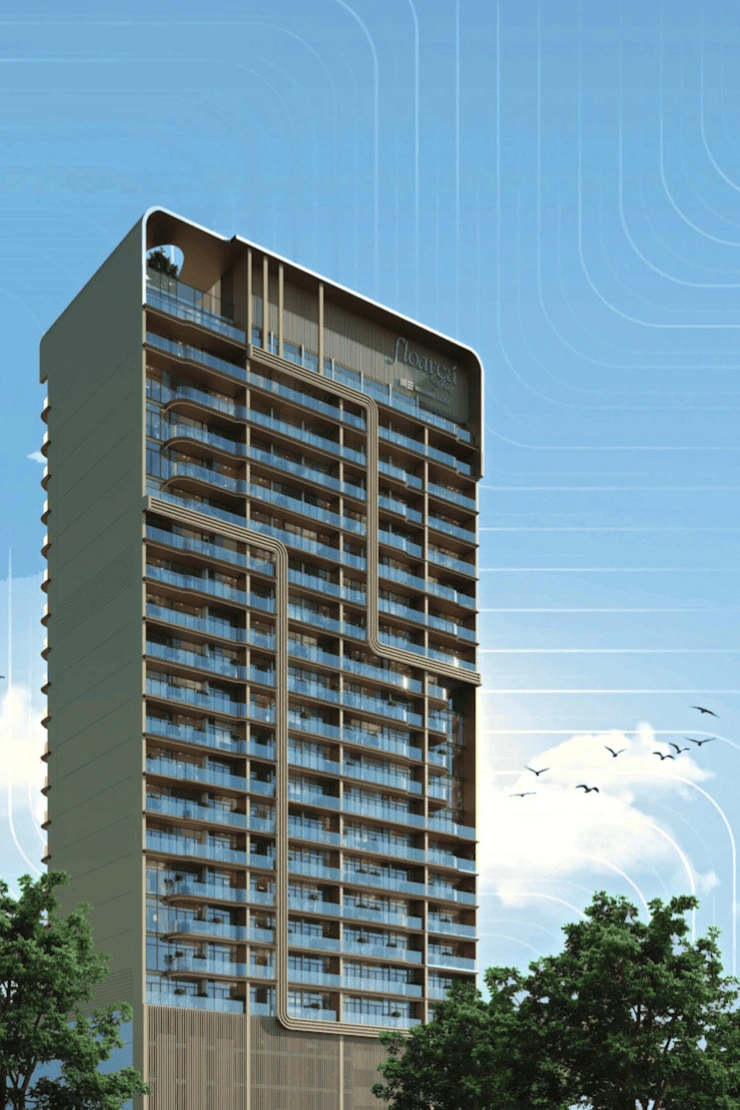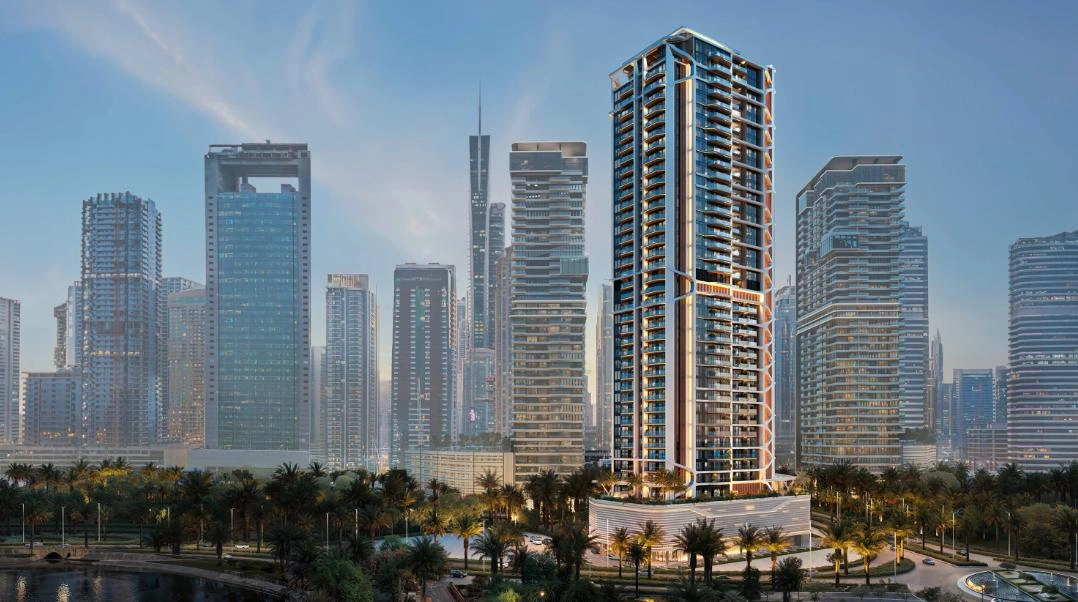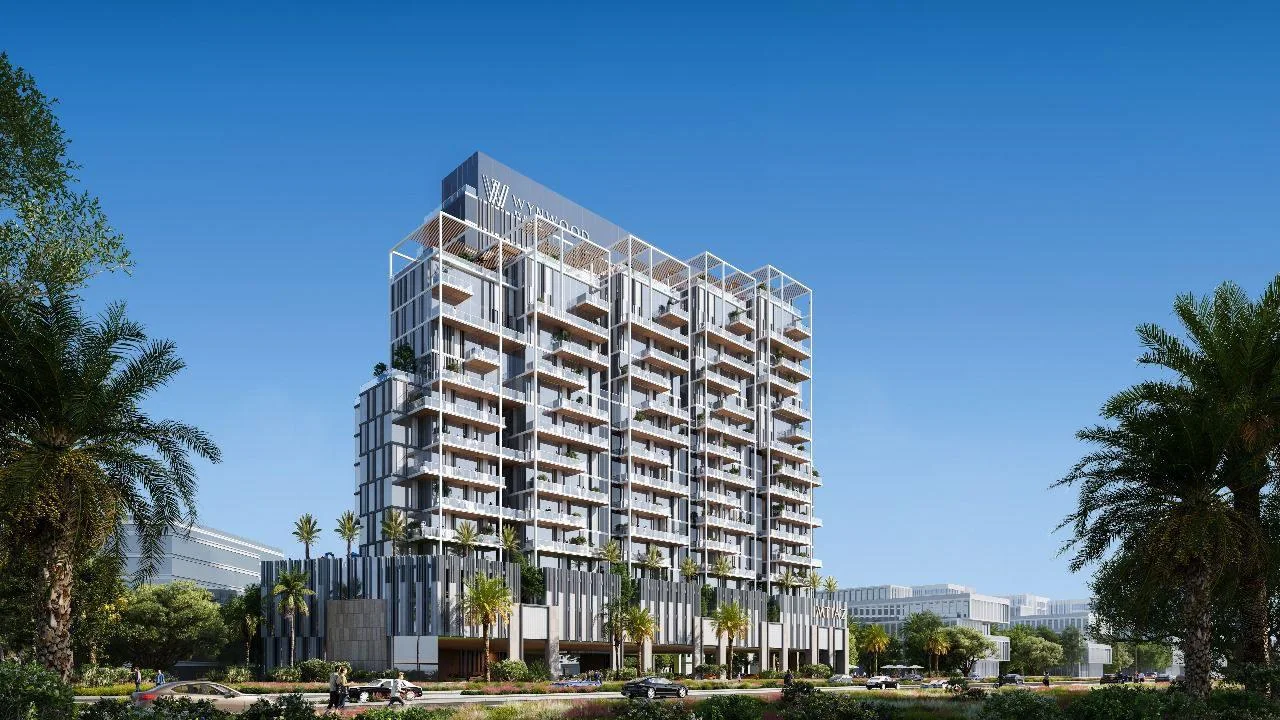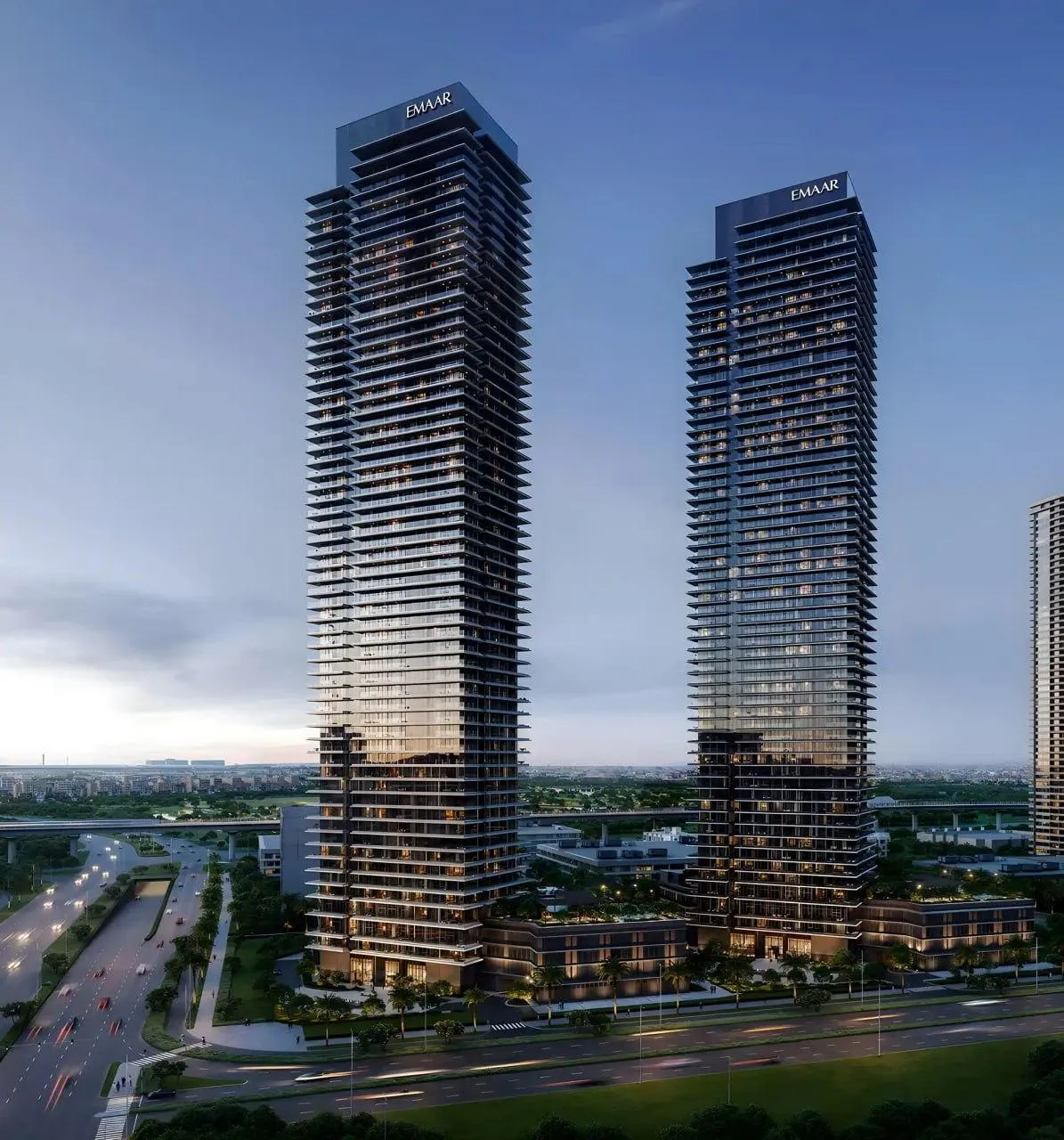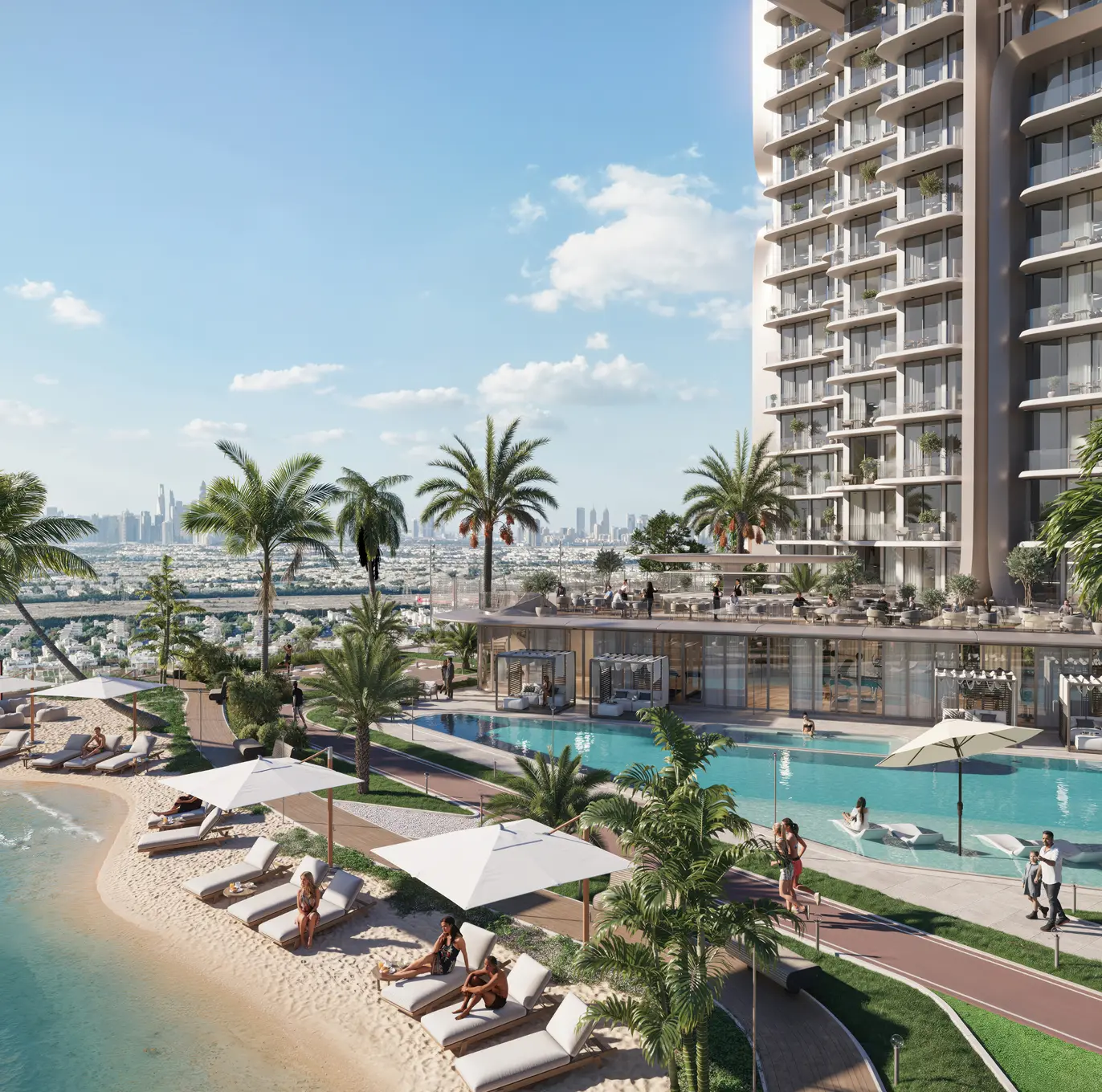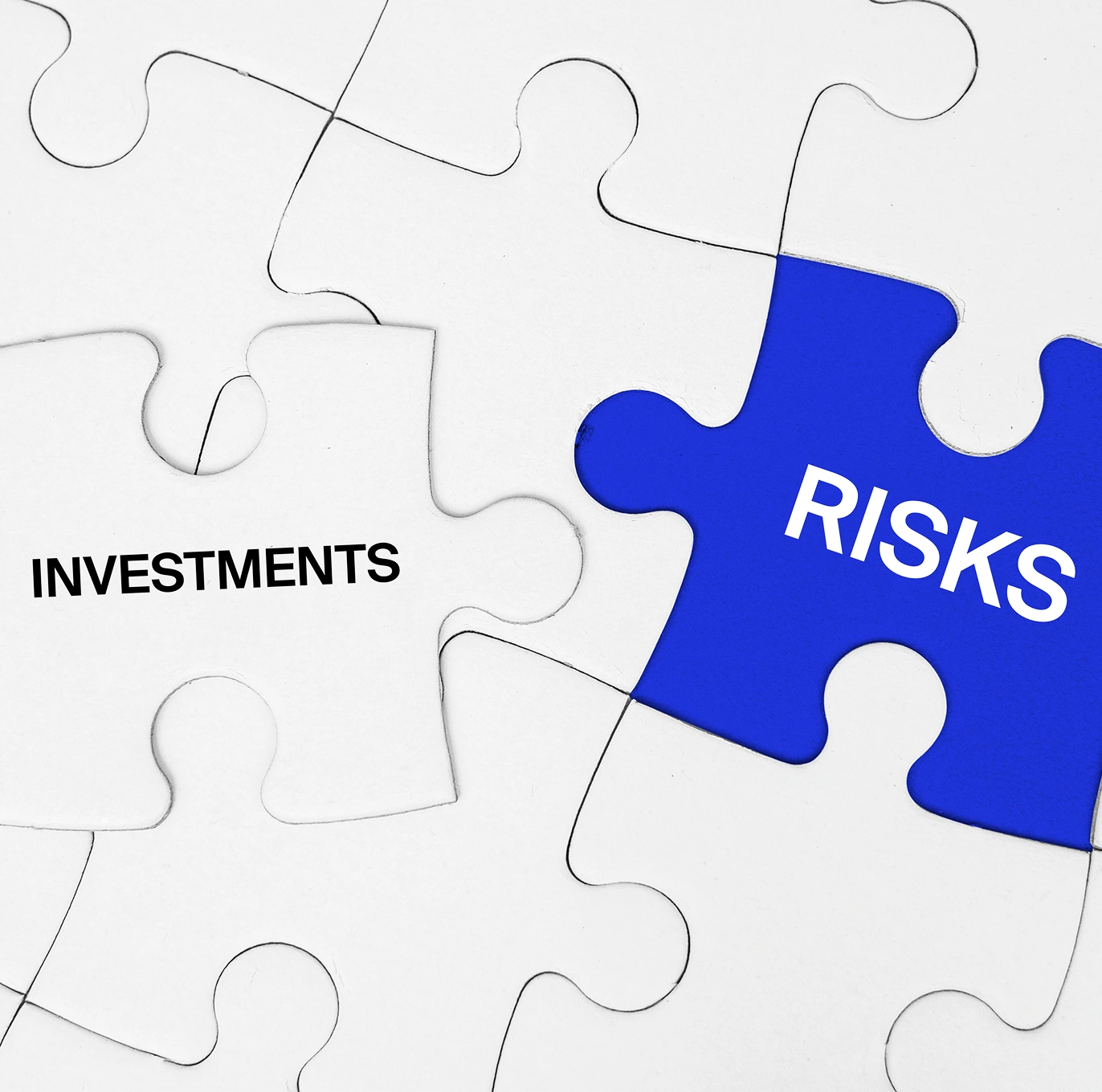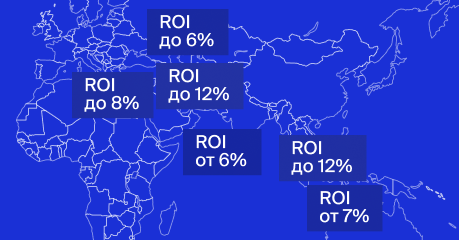Dubai real estate investment in 2025: high yields and Golden Visa opportunities
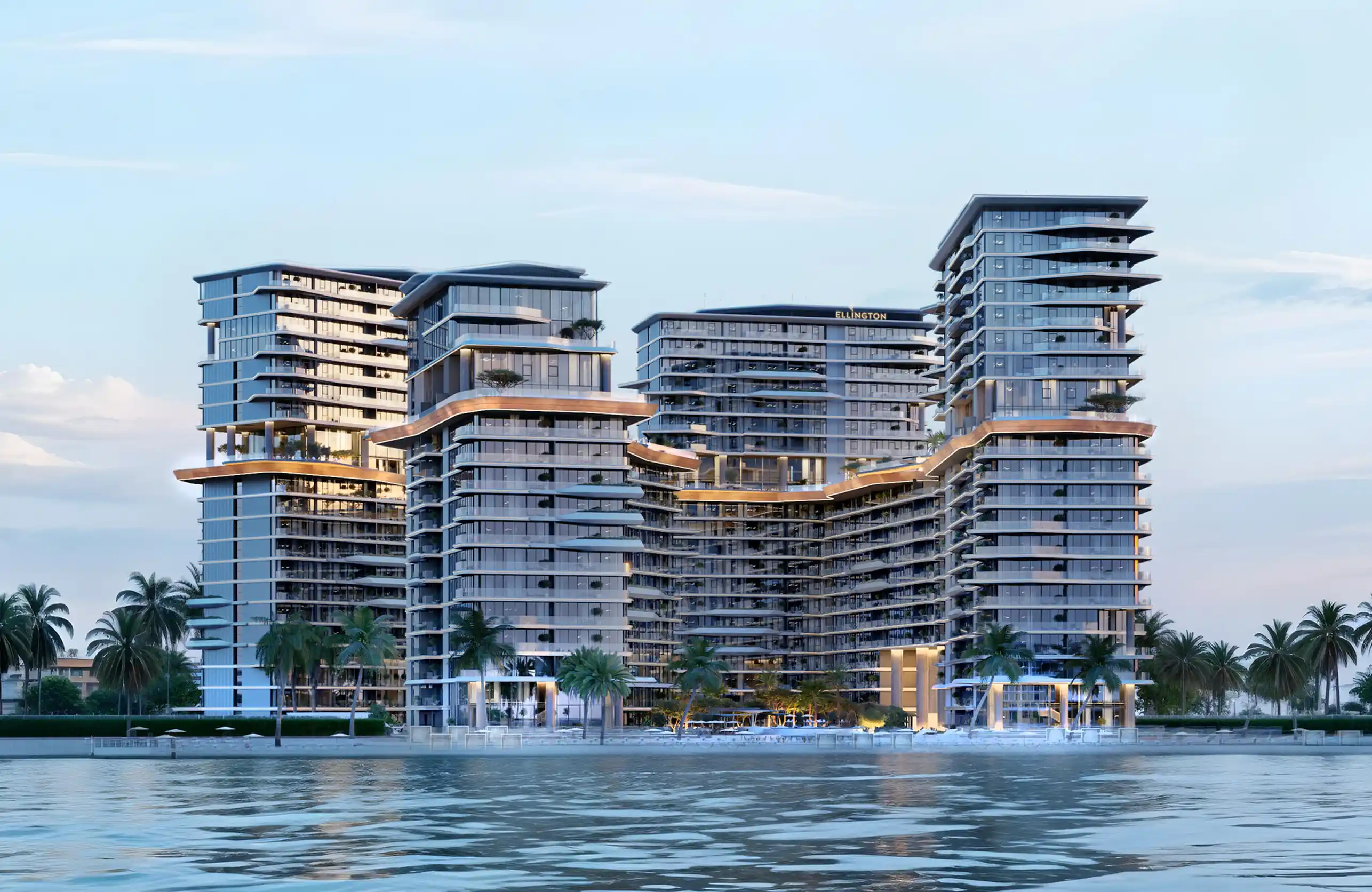
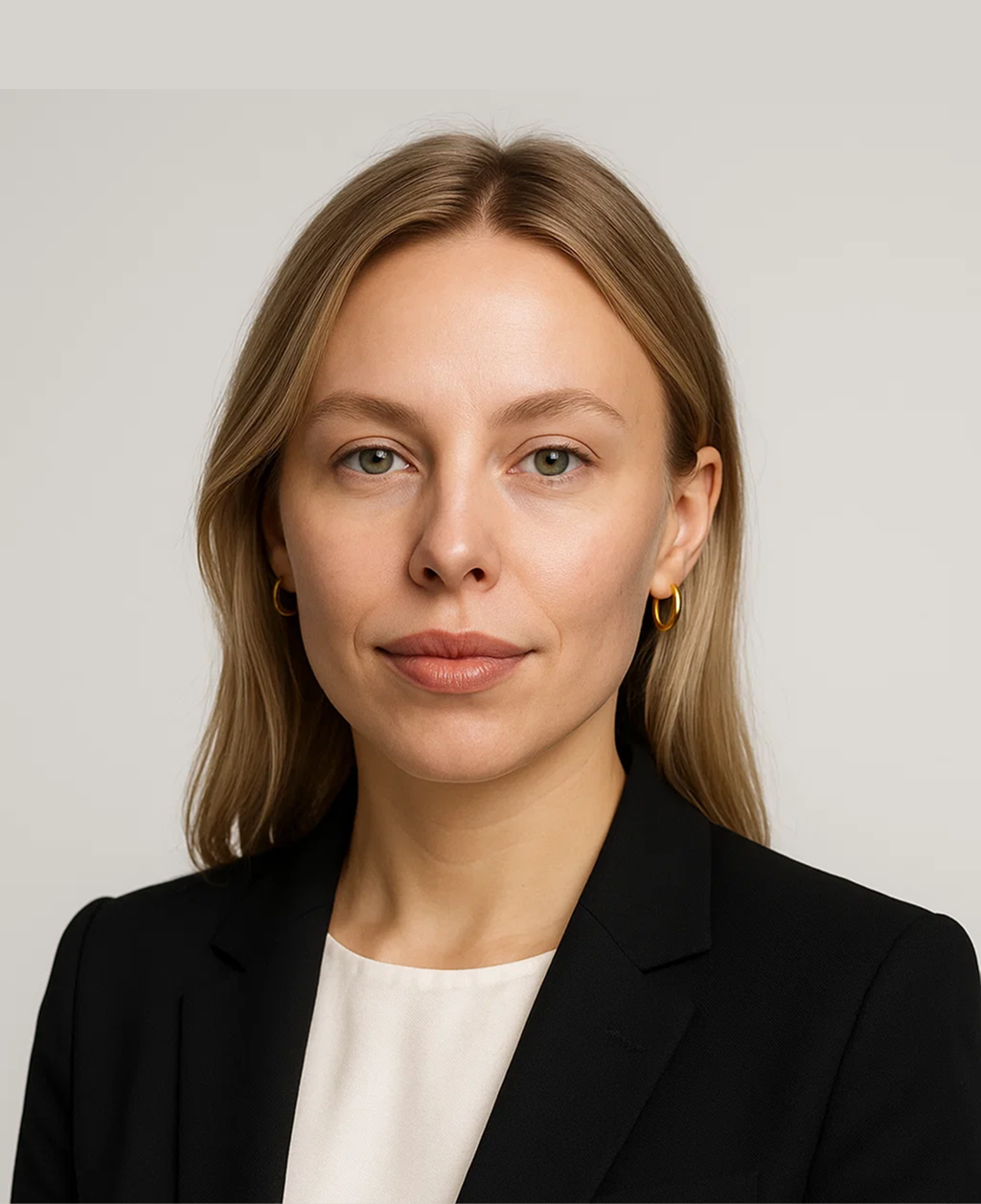
Ksenya Kadesnikova
Investment-Focused Market Analyst
In 2024, Dubai’s real estate market saw more than $142.2 billion in transactions — a 27% increase in value and a 36% jump in the number of deals compared to 2023.
This strong performance confirms Dubai’s reputation as one of the world’s most dynamic and reliable property markets, supported by tax-free income, high rental yields, and investor-friendly rules.
In this guide, we’ll show you how to confidently navigate the market, choose the right property, and make the most of your investment.
6–12%
Annual rental yield
$142.2 billion
Annual Dubai transactions hit
$175,000
Entry threshold
Why invest in Dubai real estate: 7 key reasons
Dubai’s property market is entering a new phase of global relevance — combining economic stability, investor-friendly laws, and a rising international profile. But what truly sets it apart is the rare balance between value and potential. Below, we break down the key financial reasons why Dubai stands out among the world’s top investment destinations.
1. Affordable prices. Dubai’s real estate market is growing at a steady, sustainable pace while remaining more affordable than other major global cities.
In 2024, the average price per square metre were the following:
Dubai: $4,400–4,700
Tel Aviv: $13,000–14,000
Singapore: $15,000–16,000
Hong Kong: around $23,000
This means that buying property in Dubai now costs 3 to 5 times less than in these popular cities.
2. High rental yields with zero tax. Dubai is one of the most profitable cities in the world for property investors. As of early 2025, average residential rental yields are around 7.4%. In popular areas like Dubai Marina and Business Bay, this can rise to 8–12%, especially for short-term holiday lets.
Even with more new homes being built, Dubai’s rental income continues to outperform cities like New York, Tokyo and Berlin, where high property prices make it harder to earn a strong return.
Another major benefit is that rental income in Dubai is completely tax-free. There is neither income tax, nor annual property tax. This means investors keep 100% of their rental profits.
3. Fast returns. A key measure for property investors is the price-to-rent ratio. It shows how many years it would take for rental income to cover the purchase price of a property. The lower the number, the faster the payback.
Here’s how Dubai compares:
Dubai — 12 years
London — 28.7 years
Singapore — 30.4 years
Paris — 40 years
This means that investments in Dubai pay off more than twice as fast as in most Western cities.
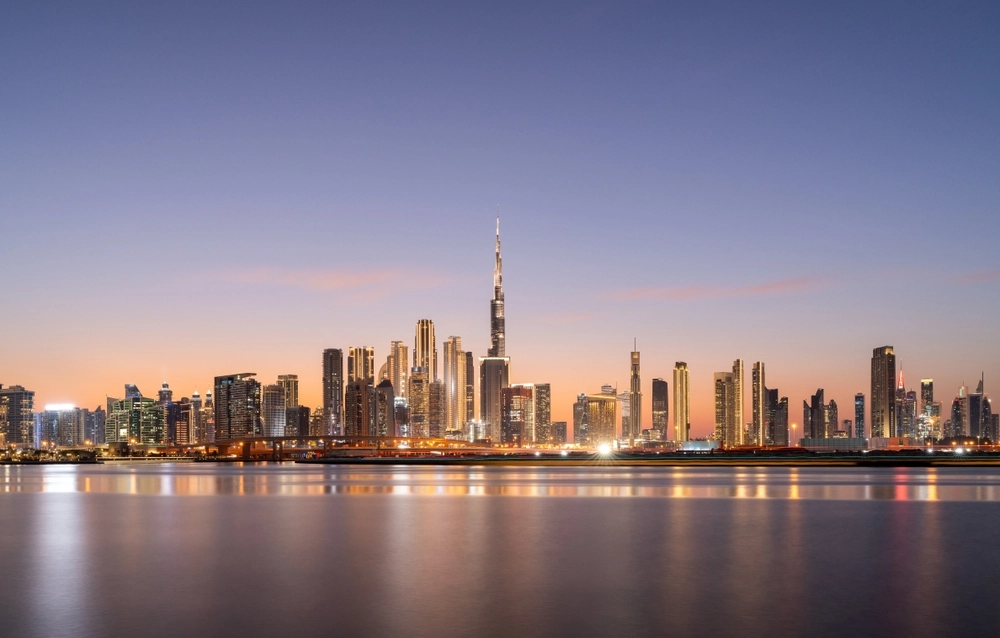
Know your returns before you invest
We’ll assess your goals and opportunities and run the numbers
4. Developer incentives. Dubai’s property market is highly competitive, and developers offer attractive incentives to make it easier for international buyers to invest.
Many off-plan projects — which are properties still under construction — require only a 20% down payment. The remaining amount is paid in stages as the construction progresses.
Some developers also offer interest-free payment plans lasting from 2 to 8 years. In many cases, buyers receive the keys, begin renting out the property, and use that income to cover the remaining installments.
5. Positive market forecasts. Dubai’s real estate market and property prices are expected to grow steadily over the coming 5 to 10 years, thanks in large part to the Dubai 2040 Urban Master Plan. This long-term strategy aims to make the city a global leader in sustainable urban living.
Here are some key goals of the plan:
Population growth. Dubai’s population is set to grow by nearly 50%, reaching 5.8 million permanent residents by 2040 — driving long-term housing demand.
More green space. The city aims to turn 60% of its land into parks and nature reserves, enhancing quality of life for residents and investors.
Better infrastructure. Upgrades include a new Blue Line on the Dubai Metro, boosting connectivity and access to more neighbourhoods.
Diversified economy. The plan promotes tourism, tech, and finance to reduce reliance on oil and support a more stable property market.
6. Opportunity to obtain a Golden Visa. Foreign investors can secure long-term residency in the UAE by buying property. To qualify for the 10-year Golden Visa, the minimum investment is AED 2 million (around $545,000). In Dubai, unlike the other emirates, a more affordable option is also available: a property purchase starting from AED 750,000 (around $205,000) qualifies for a 2-year residence permit.
This makes Dubai one of the few global cities where real estate ownership can open the door to long-term residence in a high-income, low-tax environment.
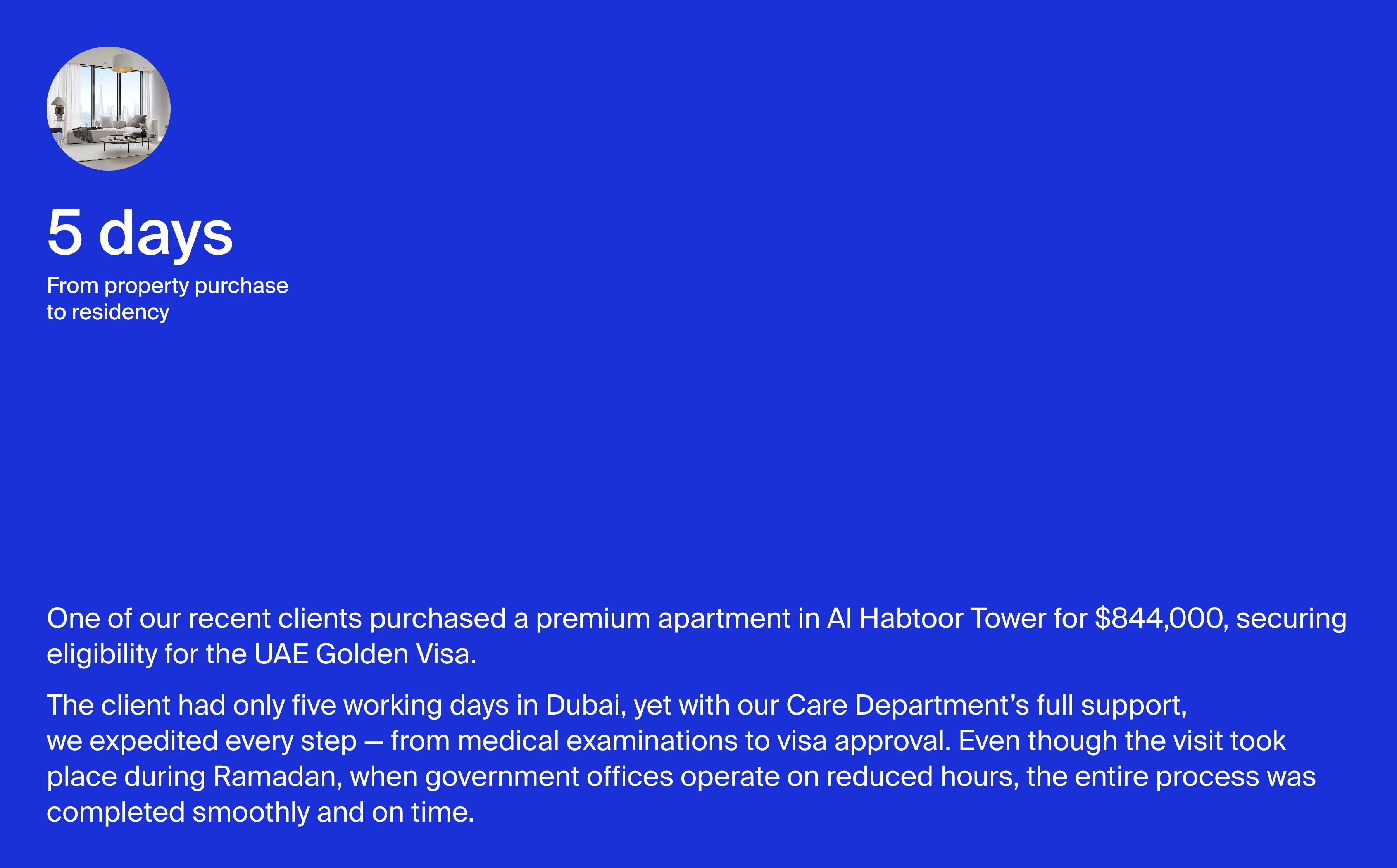
7. Magnet for wealth and lifestyle. In 2024, the UAE became the top destination for high-net-worth individuals relocating internationally. Dubai stands out not only for its investment opportunities but also for its exceptional quality of life. It is a modern, fast-growing city where wealth, innovation, and opportunity come together.
Dubai has also been named the world’s most popular travel destination for three years in a row. It is home to 165 five-star hotels and 90 restaurants recognised at the Michelin level, drawing global visitors year-round. This strong reputation keeps rental demand high throughout the year.
The city’s growth is built on strong economic foundations. The UAE’s real GDP grew by 3.8% during the first nine months of 2024 compared to the same period in 2023, totaling $362 billion, with Dubai contributing a significant share — according to the Ministry of Economy.
The population is growing quickly and exceeded 3.9 million people by the end of 2024. At the same time, the UAE ranks 6th in the world for GDP per capita, at $74,650, making it one of the wealthiest countries globally.
Prime investment properties in Dubai
Best areas to profitably invest in Dubai property
Dubai offers a wide range of property investment options — from stable long-term rentals to short-term holiday lets and off-plan purchases with strong resale potential. The key to a successful investment in Dubai is selecting the right project for your specific strategy — not just the right area or price.

Ksenya Kadesnikova
Investment-Focused Market Analyst
Not every property suits every goal. A unit in a residential suburb may generate stable long-term rental income but is unlikely to work for short-term lets. Likewise, resale strategies don’t perform well in fully developed districts with limited growth drivers.
Even within the same neighbourhood, choosing the wrong layout — like a three-bedroom apartment in a business hub favoured by single expats or couples — can reduce your yield and slow occupancy.
Ksenya Kadesnikova
Investment-Focused Market Analyst
For short-term rentals with 8—12% net returns. Short-term rentals in Dubai are a great option for earning higher returns. These properties are especially popular with tourists and business travellers, who are willing to pay more for convenient locations, sea views, and iconic surroundings.
Top areas for short-term rental investments:
Dubai Marina
Jumeirah Lake Towers (JLT)
Business Bay
Dubai Islands
Downtown Dubai
These areas offer strong daily and weekly rates, especially when the property is close to public transport and popular attractions.
On average, property investors in Dubai recover their full investment in 12 years, depending on the rental approach. Short-term rentals in prime locations, especially those bought early in the development cycle or at launch prices, often pay off even faster.
For long-term rentals with 6—8% net returns. If you're looking for stable, passive income, long-term rentals are a solid choice. These properties attract families, working professionals, and residents who value comfort and convenience. Areas with good infrastructure, green spaces, schools, and local services tend to offer higher tenant retention and consistent rental demand.
Top areas for long-term rental investments:
Jumeirah Village Circle (JVC)
Jumeirah Village Triangle (JVT)
Dubai Hills Estate
Dubai Creek Harbour
Dubai Sports City
Expo City
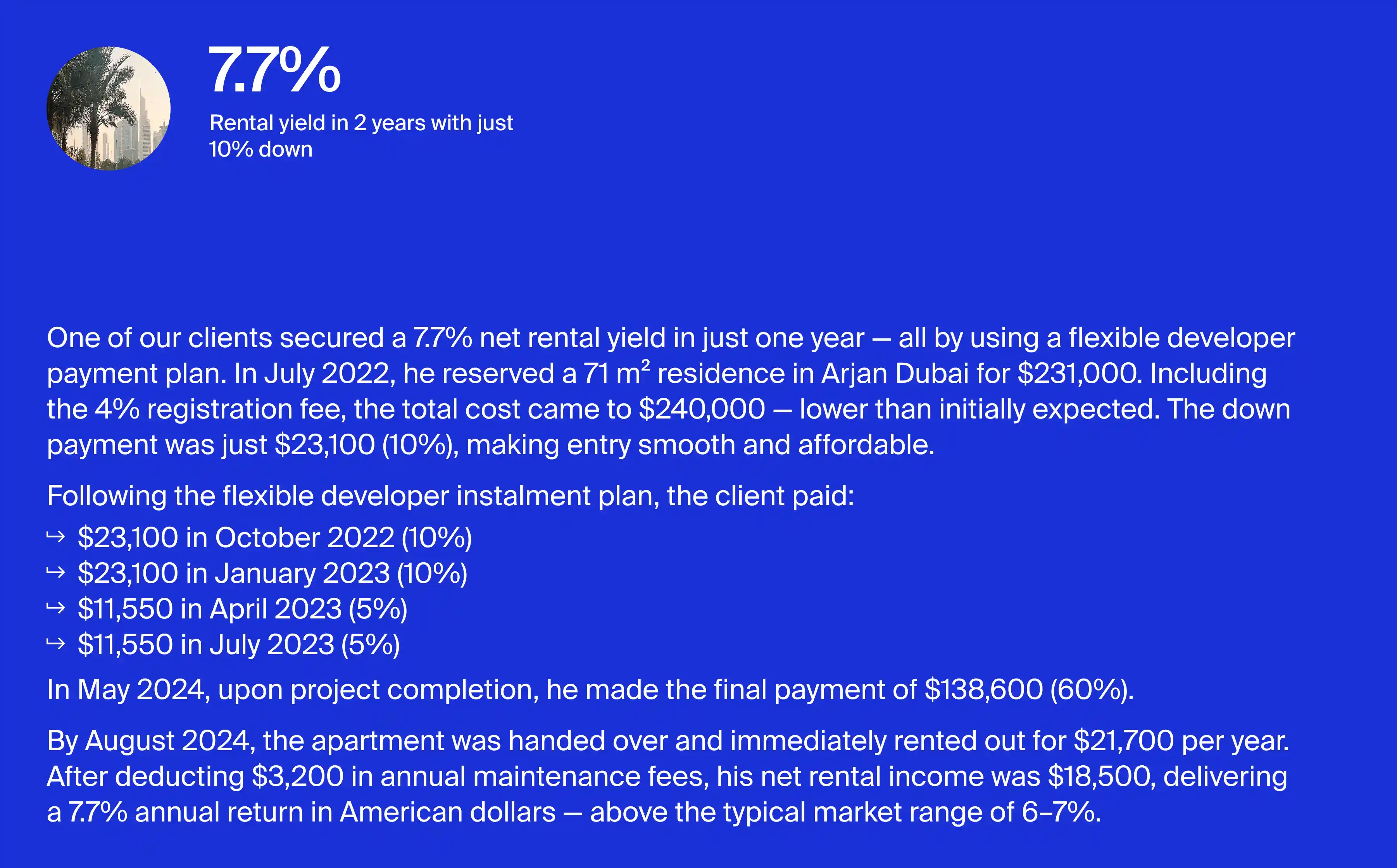
For resale opportunities. For investors looking to earn through capital growth, off-plan properties offer some of the best resale potential in Dubai. The key is to choose projects from trusted developers in areas with high future demand or limited land supply.
Top areas for off-plan resale gains:
Dubai Islands
Maritime City
Mina Rashid
Expo City
Al Jaddaf
Select projects in Downtown, Dubai Marina, Business Bay
Off-plan units in these areas have seen average price growth of 20–35% by the time of handover, especially if located near major infrastructure such as lagoons, malls, metro stations, or the future Dubai casino.
The most profitable time to resell is often just before handover — when construction is nearly complete and demand from end-users starts to rise.
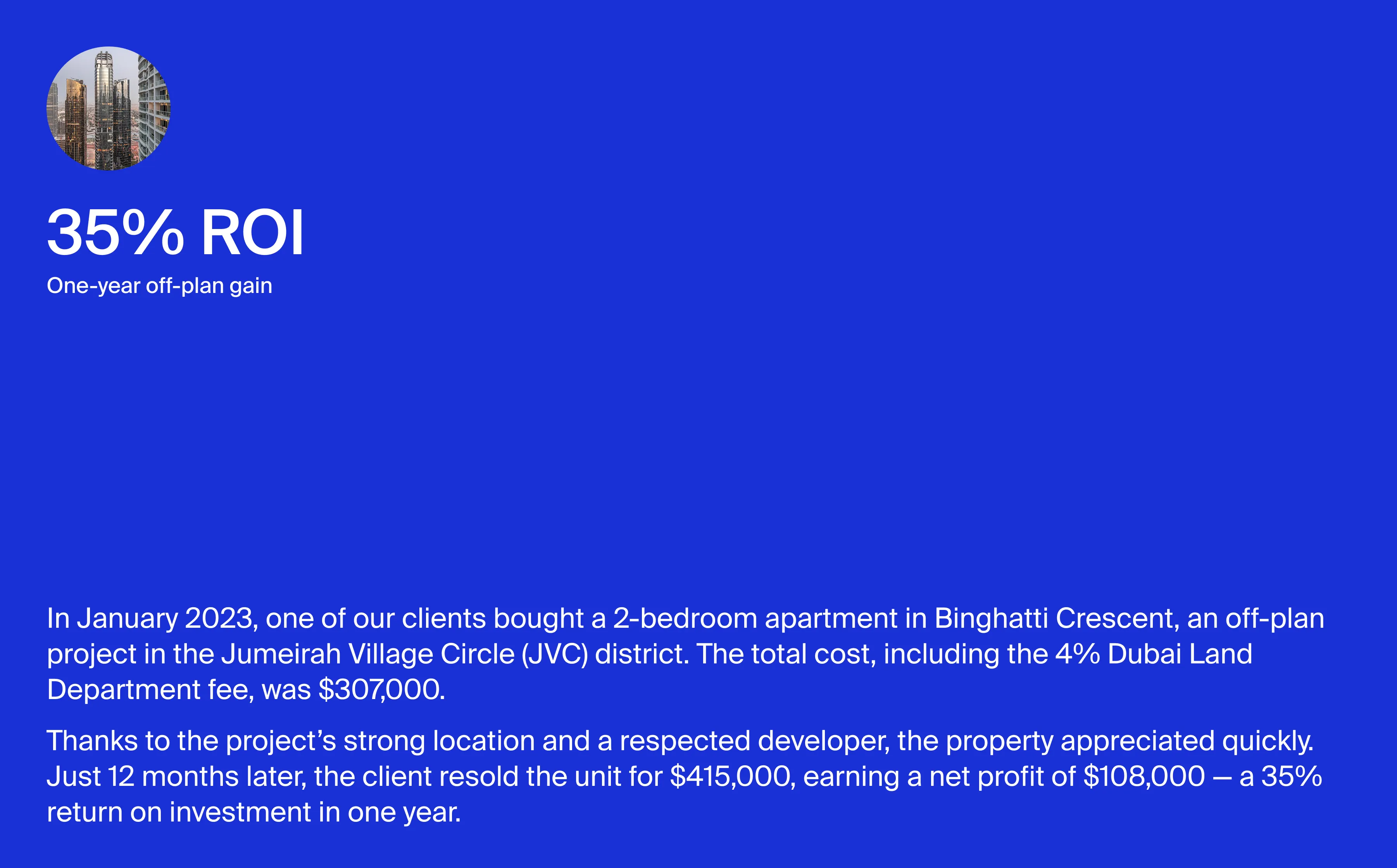
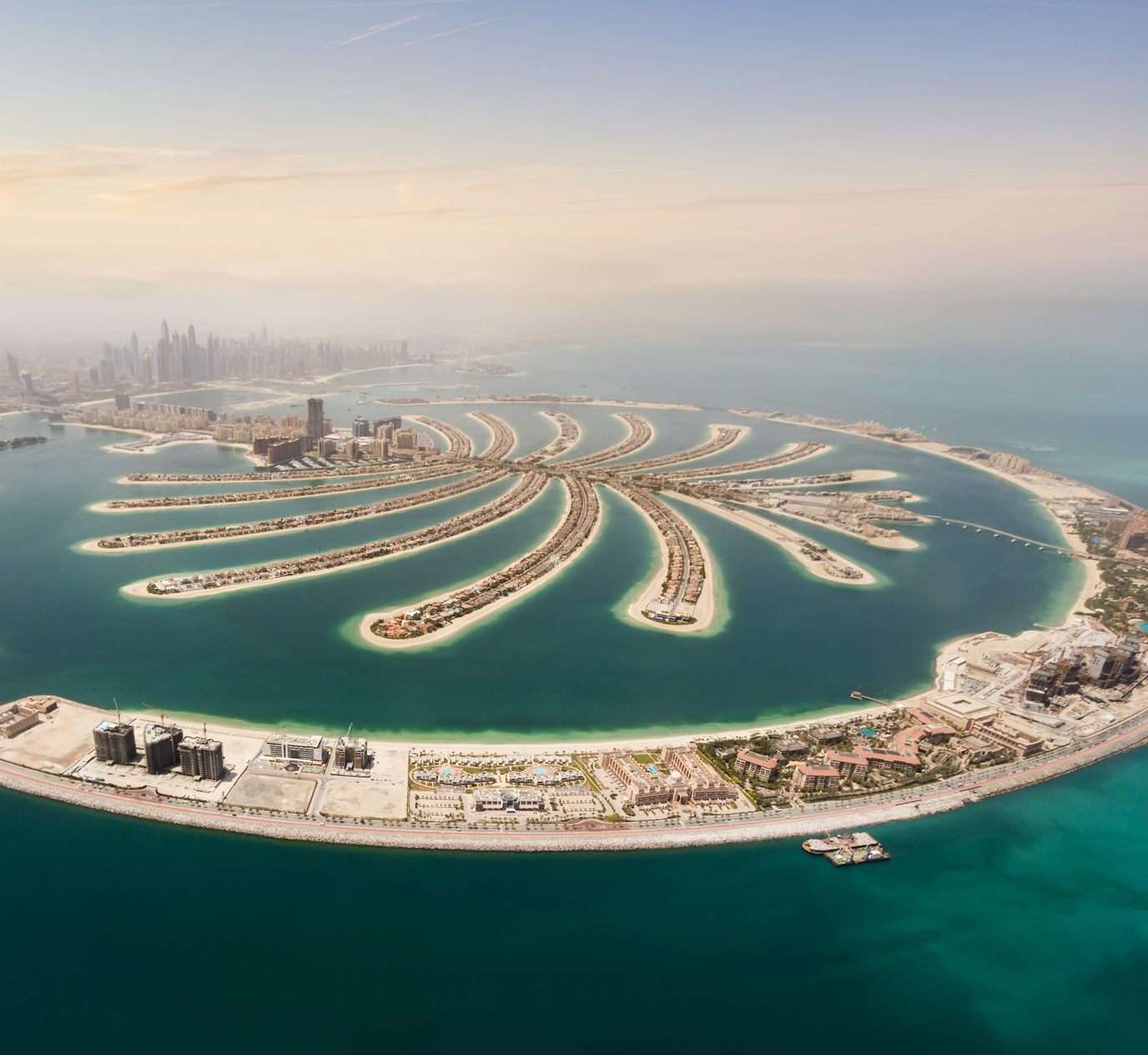
Want early access to top investment deals?
We’re among the first to know about Dubai’s hottest presales — and we help clients secure the best units before public launch. Book a consultation to explore high-yield opportunities
Legal ownership for foreign buyers in Dubai
Foreigners are allowed to buy freehold property in designated zones across Dubai. These include many of the city’s most popular areas: Downtown Dubai, Dubai Marina, Palm Jumeirah, Business Bay, JVC, Dubai Hills Estate, and Dubai Creek Harbour.
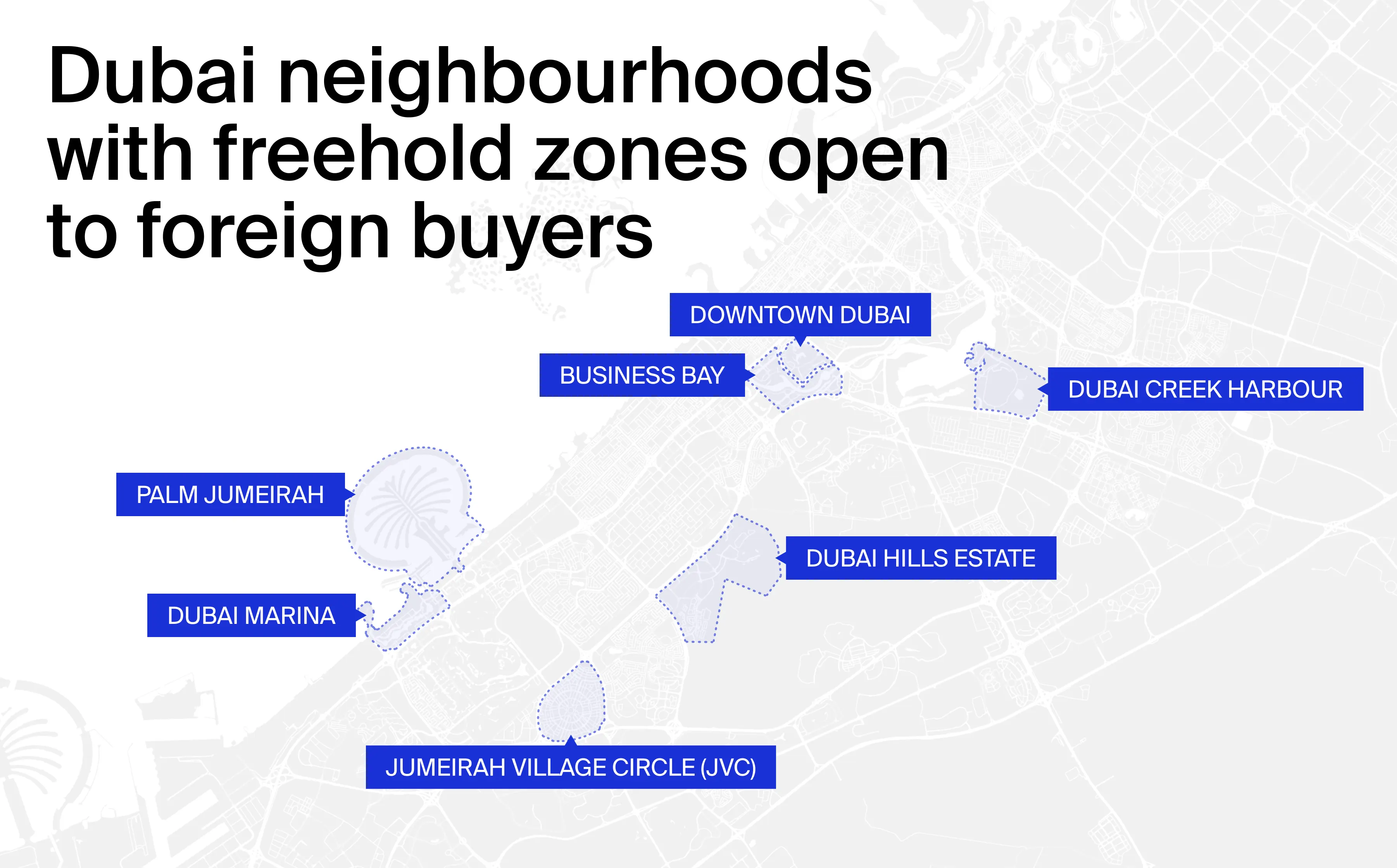
Leasehold means you are leasing the property from the landowner for a set period, usually up to 99 years. You don’t own the land, but you have the right to use the property for the duration of the lease.
With leasehold ownership, you can:
Live in the property
Rent it out to generate income
Sell the remaining lease term to someone else
However, there are important limits:
The land remains owned by someone else.
Once the lease period ends, the investor must renew the agreement to maintain usage rights.
Major changes or renovations may require the landowner’s permission.
Early termination of the lease is not allowed.
Leasehold properties are usually found in older or non-freehold zones, and are less commonly marketed to foreign buyers.
Leasehold units often cost 20–30% less than freehold properties, making them attractive to investors focused on short- to medium-term returns. However, they may be harder to resell, harder to finance through a bank, and offer fewer options for inheritance or long-term planning.
Comparison of property ownership options for foreign buyers in Dubai
| Comparison factor | Freehold | Leasehold |
|---|---|---|
|
Owner’s rights |
Full ownership of the property and a share of the land. You can sell, rent, gift, or pass it on to heirs. |
Right to use or rent the property for a set period. You don’t own the land. |
|
Ownership duration |
Unlimited |
Up to 99 years |
|
Availability to foreigners |
Yes, but only in specifically designated zones |
Yes |
|
Key zones |
Downtown Dubai, Dubai Marina, Palm Jumeirah, JVC, Dubai Hills, Business Bay, Dubai Creek Harbour |
Select areas only (usually outside freehold zones) |
What does it cost to buy property in Dubai?
Before investing in real estate, it’s important to understand both the upfront and long-term costs. While Dubai offers attractive returns, having a clear picture of what you’ll spend helps you plan smarter and avoid surprises.
Price overview. The average property price in Dubai ranges from $4,400 to $4,700 per square metre, depending on the location, property type, and level of finish.
Dubai’s freehold zones are especially popular with international investors. These areas combine strong rental yields with long-term capital appreciation. Whether you’re interested in a city-centre apartment or a suburban villa, there are options for different budgets:
$353,000 — average price for a new apartment
$900,000 — average price for a new townhouse
$1,500,000 — average price for a new villa
Property prices in Dubai have been rising steadily since 2021. In 2024, they went up by 12%, showing that demand for real estate remains strong.
Primary market extra costs. Buying directly from the developer often comes with lower and more predictable costs:
Land registration fee is 4% of the purchase price, paid to the Dubai Land Department.
Administrative fee is usually a fixed amount of around $1,500 per unit, depending on the developer.
Annual service charge ranges from $8 to $87 per square metre, based on the location and quality of the project.
Utilities and maintenance are billed separately and depend on the size of the property and your usage.

Ksenya Kadesnikova
Investment-Focused Market Analyst
Off-plan properties do not involve any broker commission. This fee is covered by the developer as part of their marketing budget. If someone asks you to pay a commission when buying directly from a developer, it’s a red flag.
Ksenya Kadesnikova
Investment-Focused Market Analyst
Secondary market extra costs. When purchasing property on the secondary market, the following costs apply:
Land registration fee is 4% of the purchase price, paid by the buyer.
Agent commission is usually 2% of the sale price and is paid separately by both the buyer and the seller to their respective brokers.
No Objection Certificate (NOC), issued by the developer to approve the resale, costs from $140 to $1,360, depending on the developer.
Service charges are transferred to the new owner, but the seller must settle any outstanding dues before handover.
All of these costs are regulated and transparent, which is one reason Dubai is seen as a safe and predictable market for international buyers.
Taxes. One of the biggest advantages of investing in Dubai real estate is the absence of ongoing property taxes. Investors don’t pay income tax, capital gains tax, or annual property tax.
The only government fee is the land registration charge, sometimes mistakenly referred to as a “tax”. In reality, it’s a one-time fee of 4% of the property price, paid at the time of purchase to register the property in your name.
Getting a mortgage in Dubai as a foreigner
Foreigners can apply for a mortgage in Dubai, but you’ll need to meet certain requirements, including having UAE residency.
To qualify for a mortgage, you must:
Hold a valid Emirates ID
Be officially employed in the UAE
Earn at least $4,000 per month for 3 to 6 months
Have a clean credit history
Most banks ask for a minimum 20% down payment on the property’s price, along with some bank-related fees. Interest rates range from 3.7% to 5%, depending on the bank and loan terms.
Mortgages in Dubai are usually available for completed properties only. However, in some cases, banks may agree to finance the final installment of a developer's payment plan — usually covering 40–50% of the property’s value — once the project is ready for handover.
If you're buying an off-plan property, you won’t usually need a mortgage. Instead, developers offer interest-free installment plans, which can stretch over 2 to 8 years.
Risks and what to consider before investing
Dubai is known for being one of the safest and most attractive real estate markets in the world — but like any investment, there are still risks to keep in mind.
Risks. Here are a few things that could go wrong:
Choosing a developer with little experience or a poor reputation
Low construction quality that affects the long-term value of the property
Delays or project cancellations, although rare
Unexpected changes in the area, like a new building blocking your view
Global events such as a pandemic or economic downturn that affect the market
Buyer protection from Dubai’s government. Dubai has strong systems in place to protect investors and ensure projects are delivered:
Developers must show proof of funding before they’re allowed to launch a project.
All payments go into a government-controlled escrow account — funds are only released as construction milestones are verified.
The Dubai Land Department (DLD) monitors developers closely and can step in if a project is seriously delayed or mismanaged.
In extreme cases, the DLD can reassign the project to another licensed developer, so that construction is still completed.
This structure makes Dubai one of the most secure real estate environments for international investors.
Due Diligence by Neginski. Dozens of new developments launch in Dubai every month — but only 24% make it into Neginski’s portfolio.
What we evaluate when selecting projects:
Developer. We only work with experienced, transparent developers. A strong track record and an active escrow account are must-haves.
Location. We assess price growth potential, infrastructure, and area development plans and also check for noise, blocked views, and transport access.
Architecture and finish. We review build quality, branded design partnerships, and turnkey readiness.
Purchase terms. Payment plans should favour the investor. For investors aiming to generate passive rental income, we often recommend instalment plans with post-handover payments — allowing the property to start earning before it's fully paid off.
Calculations. We only consider projects with clear data: analyse pricing history, rental trends, unit demand, and future area potential.
As a result, we choose projects where risks are minimal and income potential is backed by real numbers.
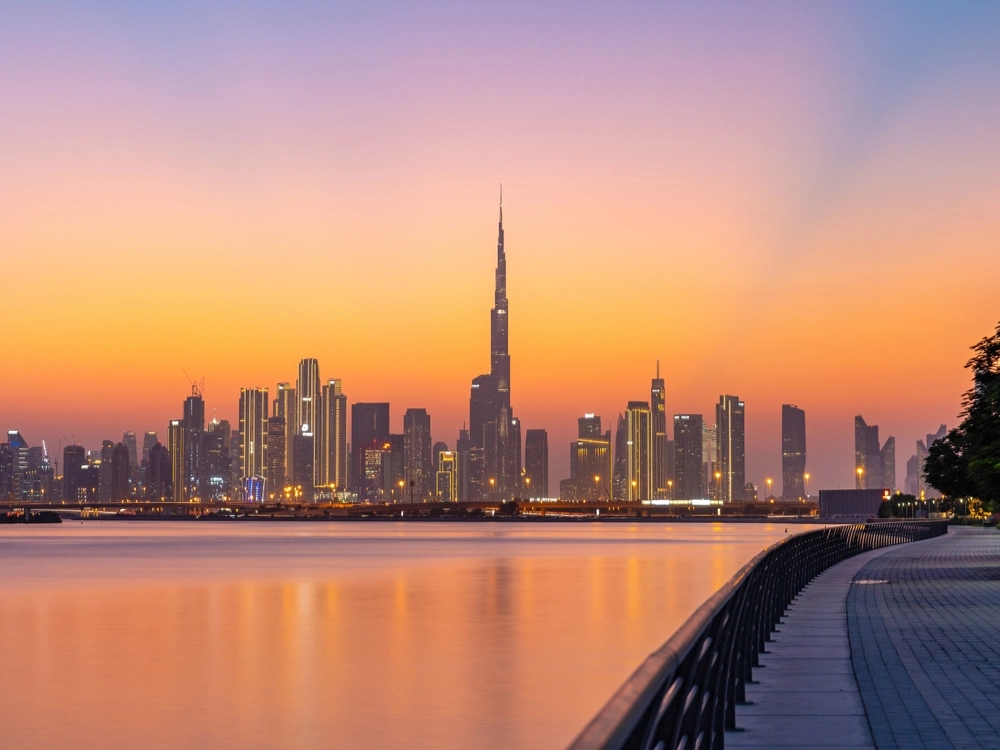
Focus on the profits — we’ll take care of the rest
From paperwork and tenants to daily management, our Care Department handles every step of your property investment
How to invest in Dubai property: step-by-step guide
Buying property in Dubai is straightforward — even if you’re overseas. The process is transparent, legally secure, and can be done entirely online. In fact, 90% of our clients completed their purchases remotely in 2024, using digital tools and clear legal procedures.
Whether you're investing for rental income or aiming to qualify for residency, here’s how to go from browsing to owning.
1. Choose the right property
Start by working with a licensed agency approved by the Dubai Land Department, such as Neginski, as developers in the UAE are accustomed to working through intermediaries. If you're buying a new property, there’s no extra cost to use an agent — property search and transaction support are completely free for the buyer.
2. Reserve your unit
If you are aiming at off-plan projects, the next step is to submit an Expression of Interest — a small deposit of around $13,500. This gives you priority access to preferred layouts, especially in new project launches.
Once you’ve selected your property, you’ll pay a booking amount, typically 10% of the total price, which secures the unit.
3. Pay the first instalment
Next, you’ll make the first instalment based on the developer’s payment plan. At the same time, you pay the 4% land registration fee, which officially registers your ownership with the Dubai Land Department.
4. Sign the sales agreement
You’ll sign a Sales and Purchase Agreement — either online or on paper. At Neginski, we handle all the paperwork and can send documents by international courier if needed. Our legal team ensures everything is clear, accurate, and compliant.
5. Register with the Dubai Land Department
Within 1 to 4 weeks, your purchase is officially registered with the DLD. You’ll receive a confirmation email and a title certificate confirming your ownership — even if the unit is still under construction.
6. Settle the payment plan in full
When the building is completed, the developer issues a handover notice. You’ll pay the remaining balance, receive the final completion certificate, and take possession of the property. In many cases, you can continue paying post-handover installments while earning rental income to help cover them.
7. Connect utilities
After handover, you’ll pay a service charge and set up your utility accounts. At this stage, your property is ready — whether for personal use or immediate rental.
The bottom line on investing in Dubai property
Dubai stands out as a top choice for international property investors. It offers strong rental income, no income tax, and full ownership rights in certain areas known as freehold zones.
Essential numbers:
Average net rental returns are 6–12%.
Property prices depend on location and type, averaging $4,400–4,700 per square metre.
On average, investors recover their costs within 12 years.
Those who buy off-plan and resell before completion can earn capital gains of 20–35%.
Developers offer interest-free payment plans that can extend over 2 to 8 years.
Some areas, like Dubai Marina, Downtown, and Palm Jumeirah, are great for short-term rentals and high-end resales. Others, like Jumeirah Village Circle, Dubai Hills Estate, and Dubai Creek Harbour, are better suited for long-term rental income.
Dubai also has strong buyer protections. The government uses escrow accounts and monitors developers through the Dubai Land Department to ensure safe and transparent transactions.
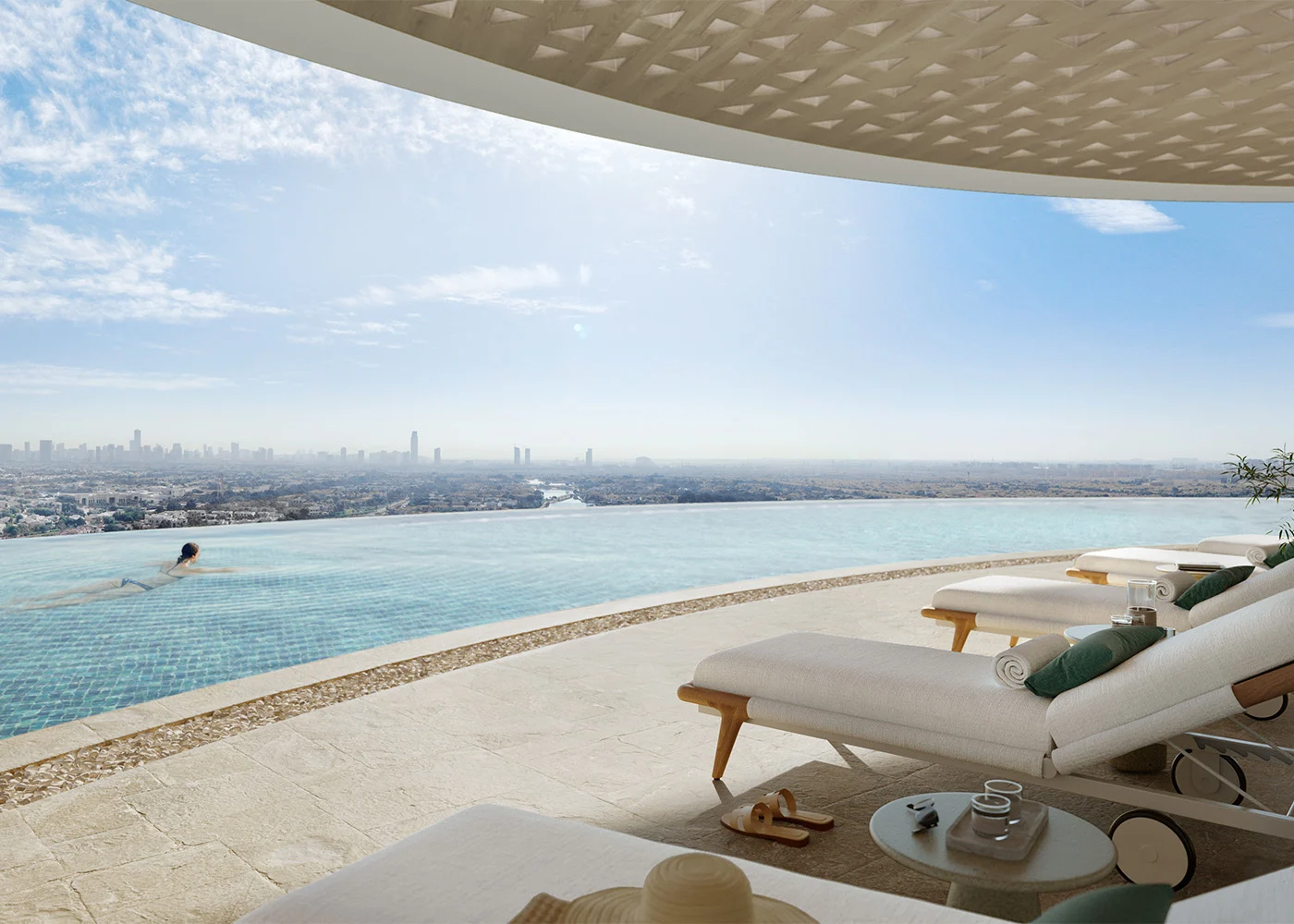
Need help finding the right property?
We take the guesswork out of property investment. Our team carefully checks every developer — from past project delivery to financial stability and real buyer feedback. Only 24% of properties pass our strict Due Diligence process, so you see only the most secure and profitable options
FAQ
-
Yes. Dubai offers one of the most profitable and secure property markets in the world. Investors benefit from high rental yields of 6—12%, no income or capital gains tax, strong legal protections, and steady demand driven by population growth, tourism, and business relocation.
-
Absolutely. Foreigners can buy, own, and sell property in designated freehold zones without needing a local sponsor. Ownership is full and permanent, and all deals are regulated by the Dubai Land Department. You can even complete the process remotely using a Power of Attorney.
-
You need to invest at least AED 750,000 (about $205,000) in Dubai property to qualify for a 2-year residency visa. For the 10-year Golden Visa, the minimum is AED 2 million (around $545,000).
-
The process is simple and well regulated. You choose a property, complete due diligence, sign a sales agreement, and register the purchase with the Dubai Land Department. Working with a licensed agency like Neginski ensures everything is legal, smooth, and aligned with your goals.
-
Top-performing districts include Dubai Marina, Downtown Dubai, Business Bay, and Jumeirah Village Circle (JVC).
For strong capital growth, consider Dubai Islands, Al Jaddaf or Jumeirah Islands. If you prefer short-term rentals, look at tourist hotspots. For long-term income, family-oriented areas like Dubai Hills and Jumeirah Village Triangle (JVT) are ideal.
